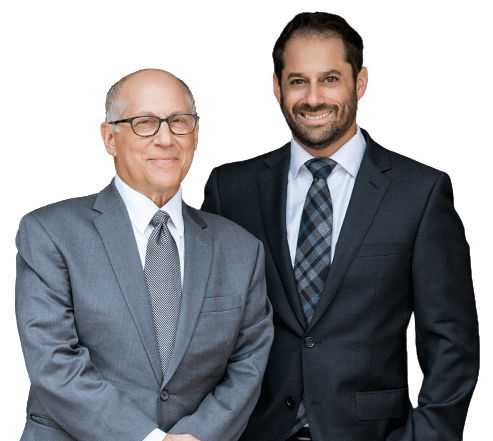Social Security Disability Benefits Insurance (SSDI) is a federal financial assistance program that pays eligible persons a significant monthly stipend if they have been totally and completely disabled. Unfortunately, analysis by academic research has shown that most SSDI claims are initially denies. The Social Security Administration (SSA) regulations that govern SSDI benefits provide an extensive appeal process that affords all unsuccessful applicants ample opportunity to present their cases to unbiased third parties for review. While the review process has been designed with the aim of making it easy for non-lawyers to navigate, a review of the basic appeal procedures shows that the assistance of an experienced attorney can be a great help.
Step One: Reconsideration
If the initial claim was rejected for medical reasons, the applicant can ask for reconsideration of that decision. The request for reconsideration will be reviewed by a person who did not participate in the original decision. The request can be submitted by mail, and the applicant can submit any additional evidence that may be relevant to the application.
Step Two: Hearing by an administrative law judge
If the request for reconsideration is denied, the applicant can request a hearing before an administrative law judge (ALJ). The hearing will be conducted in person or by video conference if the applicant prefers. The applicant can submit any additional evidence that is relevant to the case. If the applicant prefers an in-person hearing, the SSA will endeavor to find a time and place that is convenience for the applicant.
Step Three: Review by the Appeals Council
If the ALJ rejects the claim after completing the hearing, the applicant may seek relief from the Appeals Council. The Appeals Council exams every application, but it may grant in-depth review in only a few cases. The Appeals Council can enter its own decision in the applicant’s case, or it can remand the case to a lower level of the appeals process for further action.
Step Four: Federal Court review
A claimant whose claim is not reversed by the Appeals Council can seek review of the case in the federal district court which has jurisdiction over the applicant’s place of residence. The rules of the Federal courts are complex, and an attorney is almost an absolute prerequisite for seeking court review of the claim.
The overall SSDI appeal process is designed for pursuit by lay persons, but as the foregoing summary indicates, a lawyer may be a valuable ally at any step in the road. A consultation with an experienced disability attorney is probably a necessary predicate to setting out on the appeals process.

